How To Stop Post Nasal Drip Cough At Night Toddler
As an Amazon Associate, I may earn from qualifying purchases at no extra cost to you.

Is your little treasure having trouble sleeping at night thanks to a persistent cough?
Maybe they’re even keeping up the other young ones, and you in extension?
Are you looking for a solution that could give your whole family a good night’s sleep once more?
Luckily for you we’re here to teach you how to give your little ones relief from that cough that’s been plaguing them.
Later on, we’ll also explore why your toddler might be coughing, as well as how to stop their cough!
More...
Why is my toddler coughing?
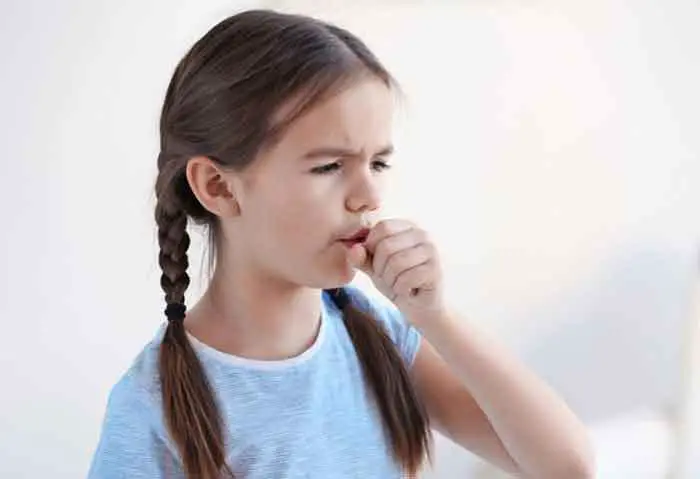
Before you go rushing to the emergency department, you should first know that coughing isn’t inherently something to be worried about, since it’s actually a defense mechanism that our body uses to fight off viruses.
Coughing is our body’s way to clear our lungs and get rid of mucus.
An extreme change in climate may also the reason. If your country is transitioning from one season to another, then your child might just be having trouble catching up!
Another aspect of the climate that you can take into consideration is dry air. Breathing it in can irritate your child’s lungs, causing them to start coughing. Best to keep them inside when it’s too cold out!
That being said, all of these might also cause your child to develop a post nasal drip.
What is a post nasal drip?
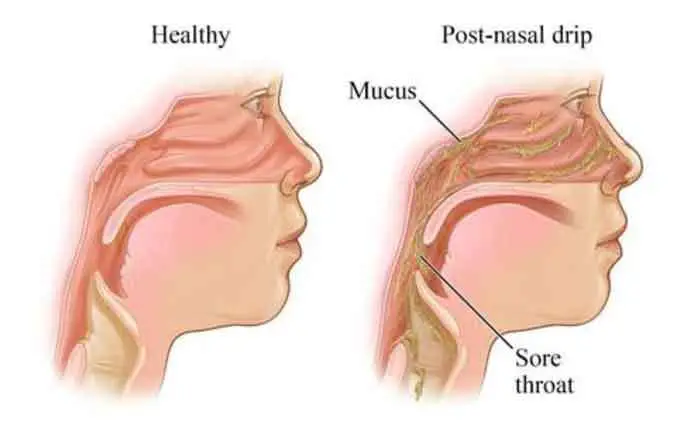
Our body regularly creates mucus to line the passages of our throats, sinuses, lungs, and airways.
This mucus traps foreign substances that enter your body, and whenever you cough phlegm or sneeze droplets, your body is expelling those substances.
Sometimes, a body creates so much mucus that it drips down your nose, which is what we call a runny nose.
Sometimes, it can even drip down the back of your throat, causing an irritation. This causes coughing, and might be why your child is having trouble sleeping at night.
If your child’s coughing sounds “wet”, like there’s something stuck in their throat, or like their mouth is full, then your child most likely has post nasal drip cough.
What causes a post nasal drip?
Your child may be suffering from a post nasal drip due to a cold, or a flu. The post nasal drip is simply a symptom of these two, and the post nasal drip itself is what’s causing your child to cough.
Dry air
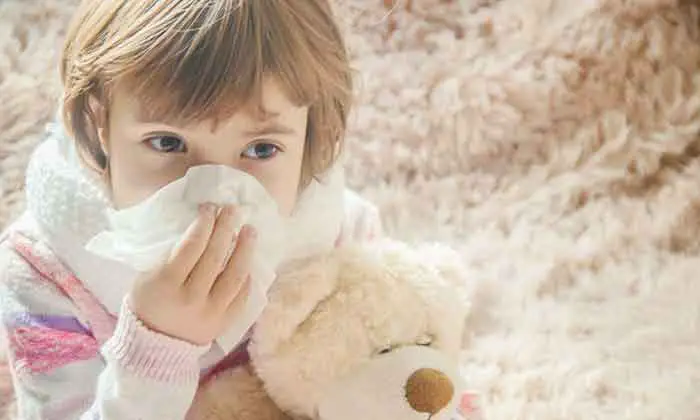
The climate may be the reason why your child may be having post nasal drip. If the air is too cold, it is most often dry, and dry air, when inhaled, tends to irritates the lungs. Thus you should keep your children indoors when it’s too cold outside.
The same can be said for dry air indoors though, because dry air can scratch at your airways, no matter if it’s indoor air or outdoor.
A sudden change in climate can shock your child’s sensitive body, and cause a post nasal drip.
Viruses
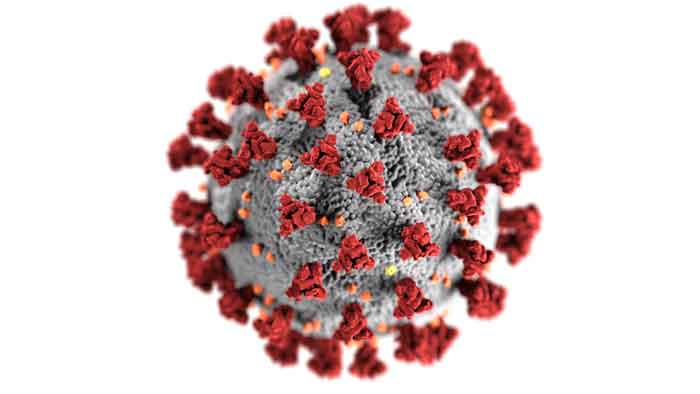
A bug being passed around the children in their preschool may also be one of the reasons for their cold. So if you think that’s the case, you should keep your coughing toddler away from your other children.
Update:
Coughing is a symptom of COVID-19. Look for emergency warning signs, and call your medical provider for any symptoms that are concerning you and your loved ones
Allergies

An infection in your child’s sinus may also be why their body is producing too much mucus.
You should also consider the possibility of your child having developed allergies.
If you notice that they’ve been getting post nasal drip during springtime, then they might be allergic to pollen.
If you notice the same after they consume nuts or milk, then they might be allergic to those things. You should always carefully track the things that your child is exposed to so that you know what triggers them.
That being said, if you suspect that their post nasal drip is because of allergies, you should go to their family doctor and ask for an allergen test, to find out what your child is allergic to exactly.
Doing this early on can save you and your child a lot of misery, since you would then know what to avoid in order to keep them from developing a post nasal drip.
Foreign objects
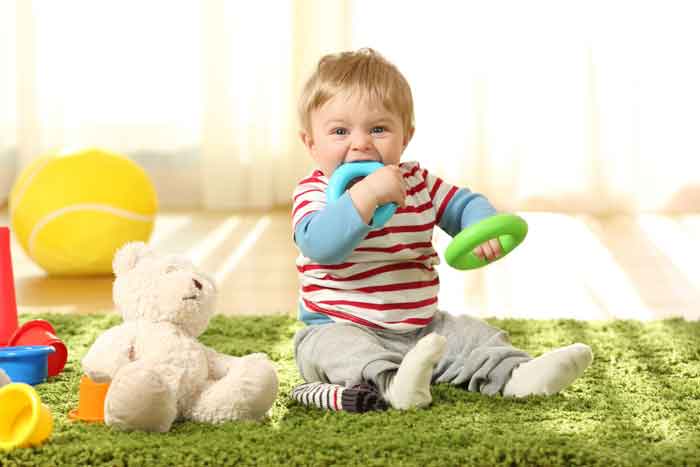
The most common cause of a post nasal drip in toddlers is a toy being stuck in their airways. Their body is simply overproducing mucus to try and get rid of it.
If you suspect this is why your toddler is coughing, you should bring them to the emergency department immediately, as the choking hazard could give your child difficulty breathing.
So, how can I stop my toddler’s post nasal drip cough at night?
Here are the ways to stop a toddler's post nasal drip cough at night...
Firstly, because we know that coughing is a perfectly natural response of our body against foreign substances, sometimes it’s fine to let it run its course and skip the over-the-counter medicine.
However, if the cough is persists, medication may be able to help.
1. Take medication
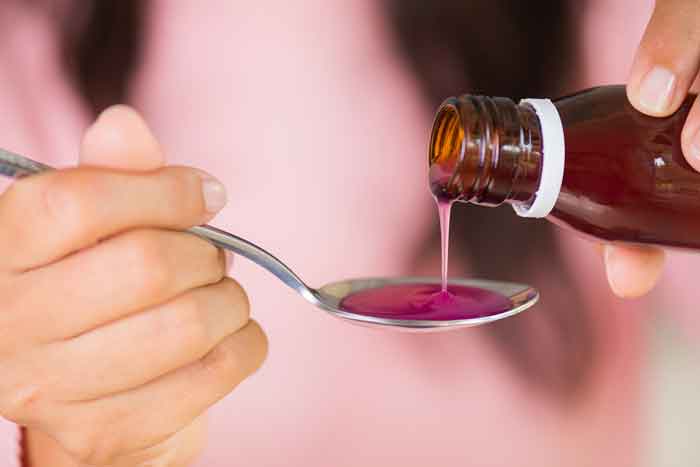
This is recommended especially for parents of children under six years old, according to the American Academy of Pediatrics. These medicines, however, are designed merely to suppress a child’s symptoms, like cough and a cold, rather than actually treating it.
2. Drink honey

Alternatively, doctors also recommend a teaspoon of honey, which would help soothe your child’s irritated throat and tickle their taste buds! But you should never give honey to children below a year old, as they could develop botulism.
3. Use a bulb syringe
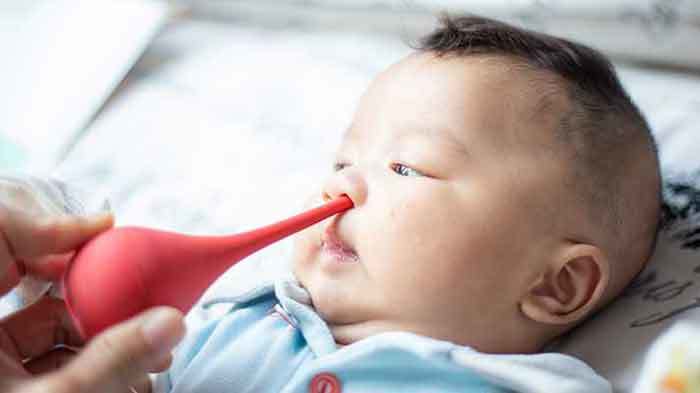
You can also help your child get rid of the excess mucus in their system by using a bulb syringe to draw out mucus in their nose. Of course, this should be done with the utmost care to ensure that you don’t accidentally hurt your child!
4. Drink water

You can also give your child lots of water to make the mucus in their throat a little less viscous. Viscous mucus might cause them to have trouble breathing, and may make their coughs dry and more painful.
5. Go for warm soup food
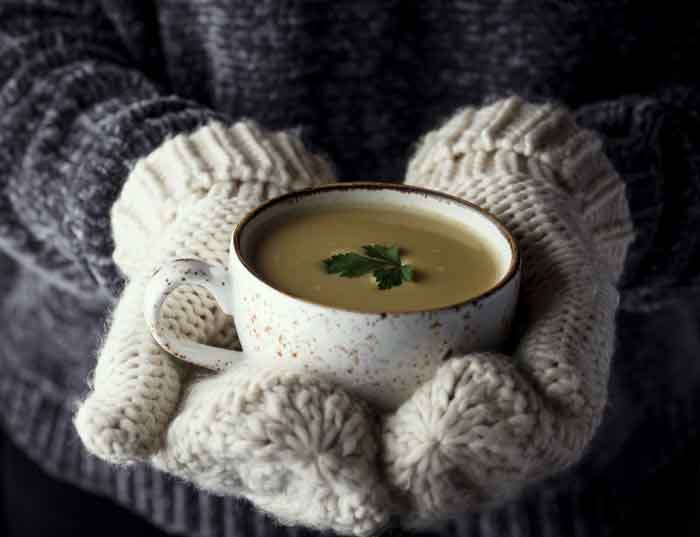
In the same vein, soups and warm food can do the same to help clear up the congestion in their noses and throats, so serve your children some soup at dinner to help ease their coughing at night.
6. Use vapor rubs
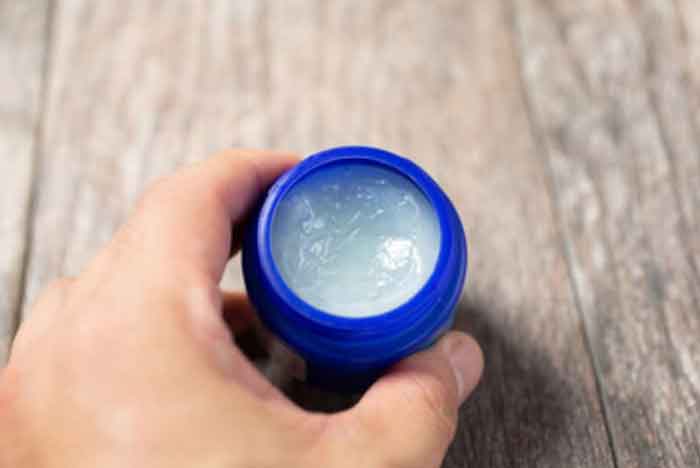
You may be in doubt of using products like vapor rubs, but these actually help with your child’s nose congestion! This may help them breathe better as well.
7. Nasal irrigation

If your child isn’t averse to the idea, consider a nasal irrigation spray. Not to worry – this will simply flush out the excess mucus in your child’s nose and keep it from entering their throat to further irritate it. If you’re worried about making your own nasal irrigation solution, drive by the drugstore to buy a premade solution.
8. Take a warm shower
Something as simple as a hot shower or steam inhalation may also help clear out the congestion in your child’s body and make them drowsy enough to fall right to sleep without being kept up by their coughing. These typically provide instant short term relief.
9. Use a humidifier
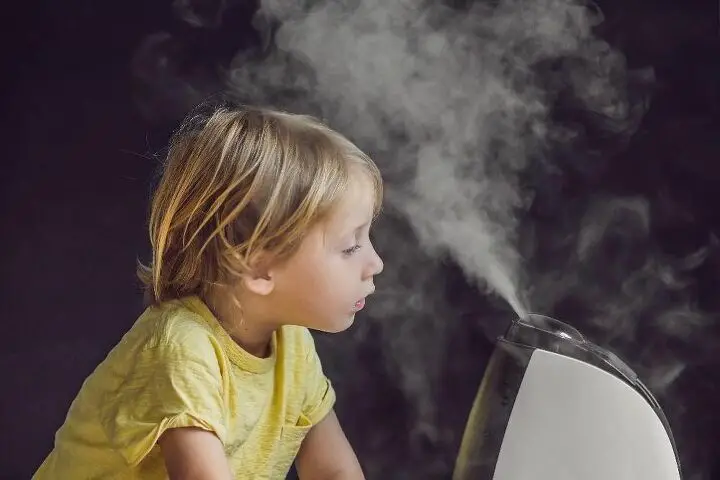
If you suspect that dry air is why your child is coughing, consider purchasing a humidifier to regulate the amount of humidity in your house. Dry air can irritate the lungs, and more often than not, cause your child’s sinuses to swell and cause difficulty breathing.
10. Adjust their sleeping position

If you’ve noticed that your child’s cough sounds worse at night, this is only because as your child lays down to go to sleep, the mucus is pulled down from their nose to their throat by gravity, so you might want to direct them to sleep on their sides.
Conclusion - Should I be worried about my toddler’s post nasal drip cough?

Like mentioned before, a post nasal drip cough is merely a symptom of a condition that your child might have.
It can be something as common as a bug that’s making its rounds in the playground, something as simple as the weather, or something as serious as an allergic reaction!
If you notice that your toddler develops a post nasal drip cough after being exposed to something in particular – for example, springtime pollen – then you should get them tested for allergies.
Otherwise, don’t sweat it! Let your child’s body run its course in getting rid of the virus that’s causing it to overproduce mucus, and skip the medications.
However, if your family – you, your spouse, and your other children – are having trouble having a good night’s sleep because of your little treasure’s incessant coughing, then definitely check out the methods we’ve listed above to help your child soothe their cough.
Remember, the safest option is a teaspoon of honey that will help soothe your baby’s throat. Just stay away from it if your child is under a year old. Alternatively, a humidifier would be the next best thing!
Have your child drink lots of water to hydrate them and make the mucus less viscous, and feed them soups and warm food to fight against congestion in their lungs and throat.
And lastly, discourage them from sleeping on their backs as that draws the mucus from their throats down their lungs and may cause the coughing to worsen.
Coughing isn’t inherently something to be worried about when it comes to your little ones, but if you suspect that they’re coughing due to a post nasal drip, and if their coughing compromises everyone’s precious eight hours, then try out the methods we’ve listed above to stop your toddler’s post nasal drip cough!
